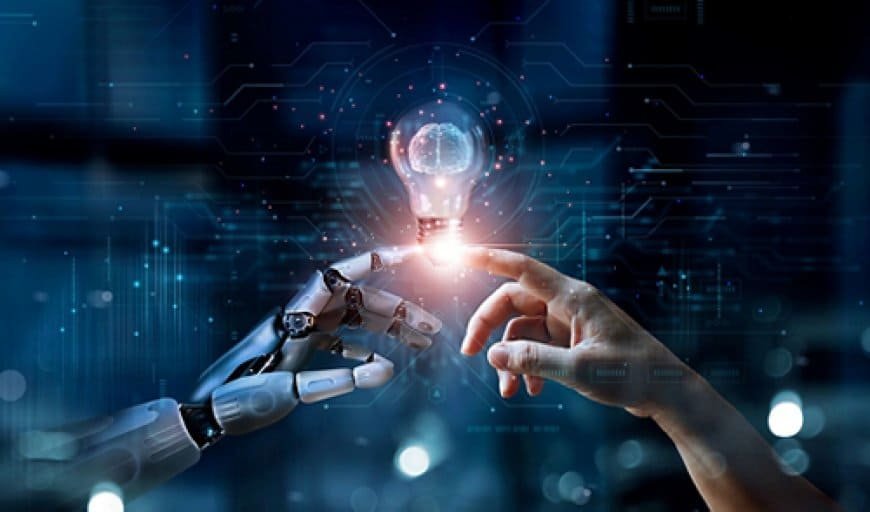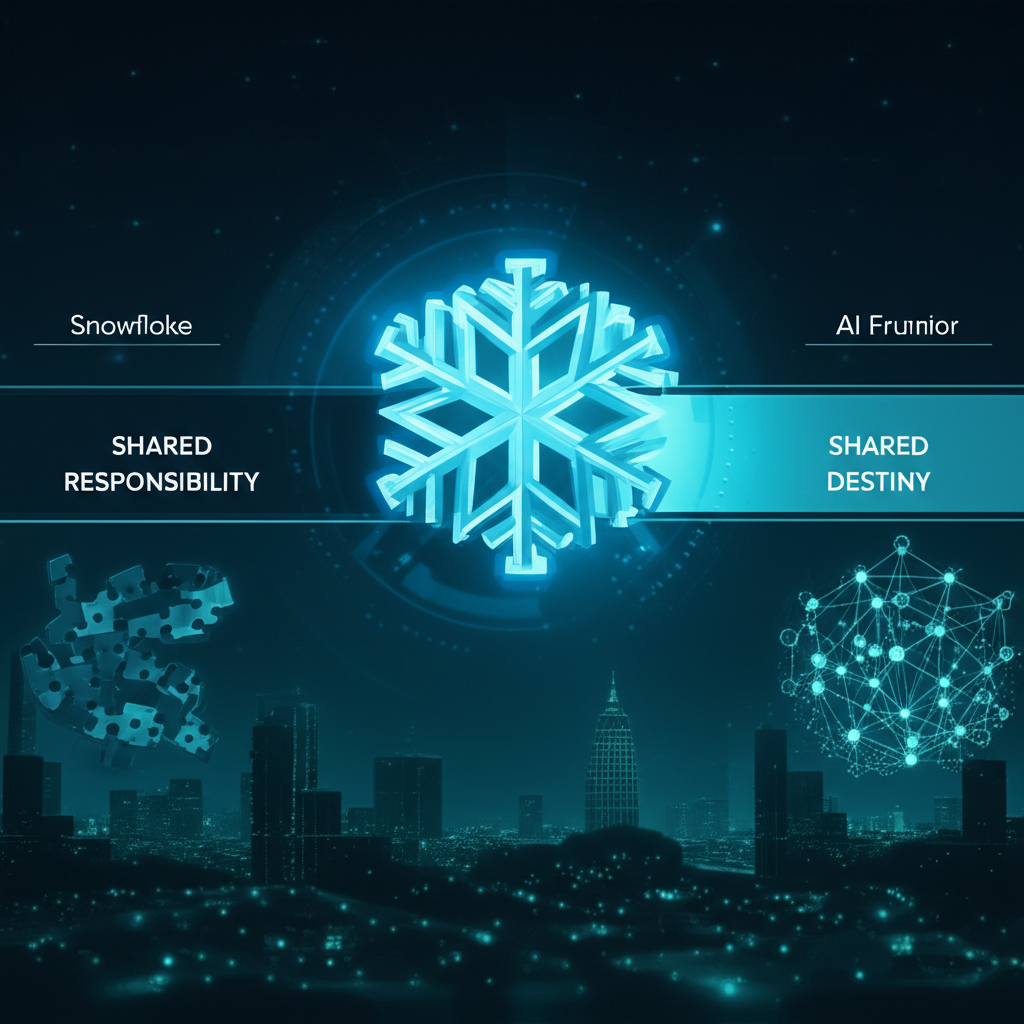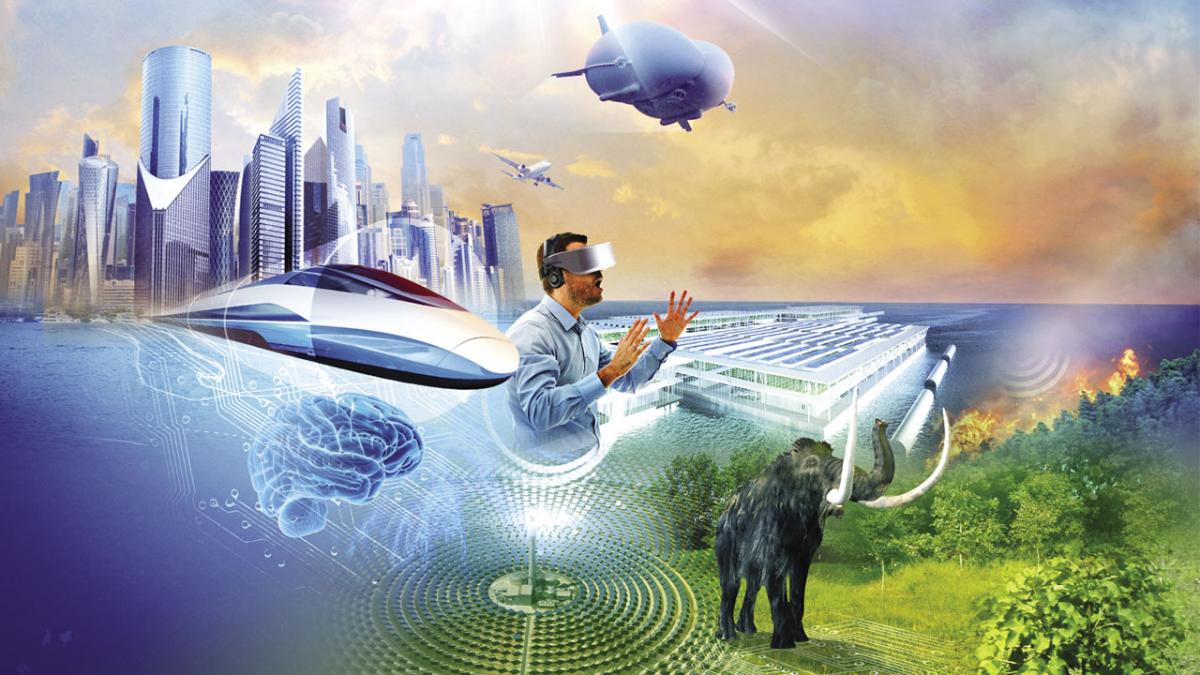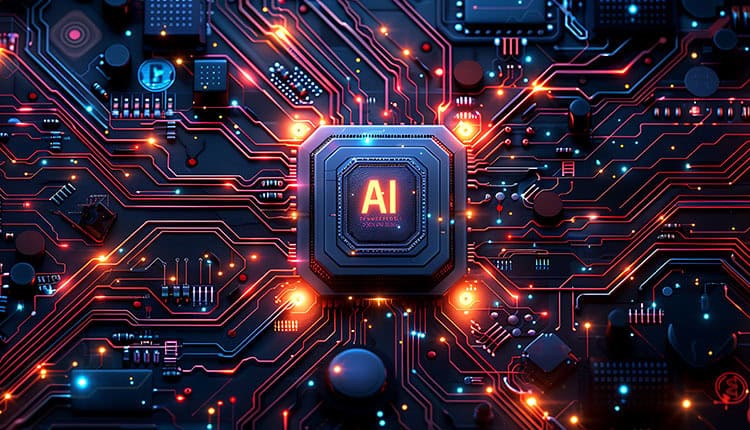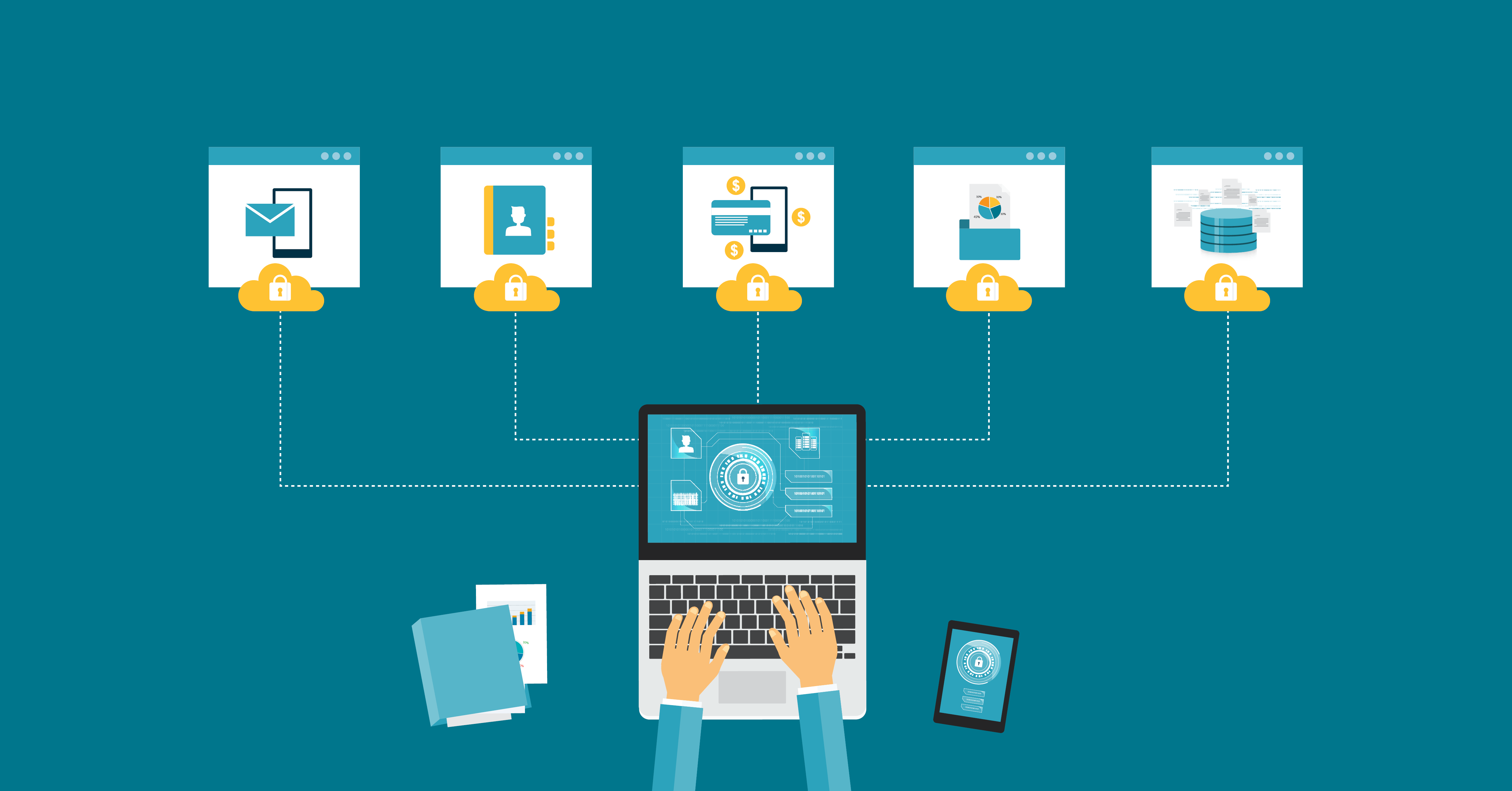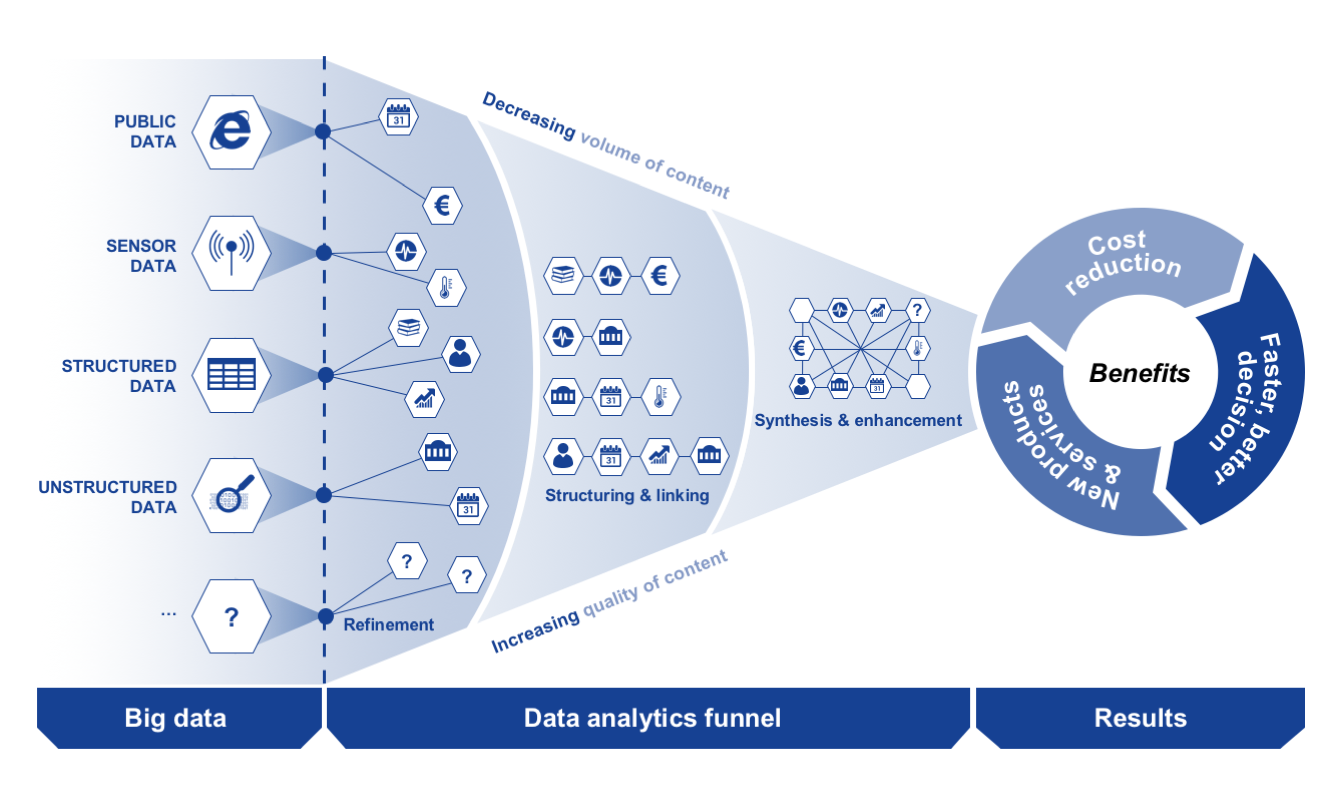The Rise of AI-Powered Content Creation: Transforming Industries and the Future of Work
Artificial intelligence (AI) is rapidly transforming various aspects of our lives, and content creation is no exception. AI-powered content creation tools are becoming increasingly sophisticated, offering businesses and individuals new ways to generate high-quality content quickly and efficiently. This article explores the rise of AI in content creation, its impact on different industries, and its implications for the future of work.
What is AI Content Creation?
AI content creation refers to the use of artificial intelligence algorithms, particularly natural language processing (NLP) and machine learning (ML), to automate or assist in the process of generating written, visual, or audio content. These tools can analyze data, understand language patterns, and generate original content based on specific parameters and instructions.
Key Technologies Behind AI Content Creation
- Natural Language Processing (NLP): Enables computers to understand, interpret, and generate human language.
- Machine Learning (ML): Allows AI systems to learn from data and improve their performance over time.
- Deep Learning: A subset of ML that uses artificial neural networks with multiple layers to analyze data and generate complex outputs.
- Generative AI: A type of AI that can generate new content, such as text, images, and audio, based on patterns learned from existing data.
- Large Language Models (LLMs): Powerful AI models trained on vast amounts of text data, enabling them to generate coherent and contextually relevant content. Examples include GPT-3, LaMDA, and others.
Benefits of AI-Powered Content Creation
AI content creation offers numerous benefits for businesses and individuals, including:
- Increased Efficiency: AI can generate content much faster than humans, saving time and resources.
- Cost Reduction: Automating content creation can significantly reduce labor costs.
- Improved Consistency: AI ensures consistent brand messaging and tone across all content.
- Enhanced Personalization: AI can personalize content based on individual user preferences and behaviors.
- Data-Driven Insights: AI can analyze data to identify content gaps and optimize content for better performance.
- Scalability: AI can easily scale content creation efforts to meet growing demands.
- Overcoming Writer's Block: AI can provide inspiration and generate initial drafts, helping writers overcome creative blocks.
Applications of AI Content Creation Across Industries
AI content creation is being adopted across various industries to streamline content production, enhance marketing efforts, and improve customer engagement.
Marketing and Advertising
AI is transforming marketing and advertising by enabling personalized content creation, automated campaign management, and data-driven optimization.
- Ad Copy Generation: AI can generate compelling ad copy for various platforms, including Google Ads, Facebook Ads, and LinkedIn Ads.
- Email Marketing: AI can personalize email content based on customer data, improving open rates and click-through rates.
- Social Media Management: AI can schedule posts, generate captions, and analyze social media engagement to optimize content strategy.
- SEO Optimization: AI can identify relevant keywords, optimize website content, and improve search engine rankings.
E-commerce
AI is enhancing the e-commerce experience by providing personalized product descriptions, customer support, and product recommendations.
- Product Descriptions: AI can generate detailed and engaging product descriptions that highlight key features and benefits.
- Chatbots: AI-powered chatbots can provide instant customer support, answer questions, and resolve issues.
- Product Recommendations: AI can analyze customer data to provide personalized product recommendations, increasing sales and customer satisfaction.
News and Journalism
AI is being used in news and journalism to automate the creation of factual reports, summarize articles, and detect misinformation.
- Automated Reporting: AI can generate news articles on topics such as sports scores, financial results, and weather updates.
- Article Summarization: AI can summarize lengthy articles, providing readers with concise overviews of key information.
- Fact-Checking: AI can help detect misinformation and verify the accuracy of news articles.
Education
AI is transforming education by providing personalized learning experiences, automated grading, and content generation for educational materials.
- Personalized Learning: AI can adapt educational content to individual student needs and learning styles.
- Automated Grading: AI can automate the grading of assignments and exams, freeing up teachers' time.
- Content Generation: AI can generate educational materials such as quizzes, worksheets, and lesson plans.
Healthcare
AI is being used in healthcare to generate medical reports, summarize patient records, and provide personalized health recommendations.
- Medical Report Generation: AI can generate medical reports based on patient data, assisting doctors in diagnosis and treatment planning.
- Patient Record Summarization: AI can summarize patient records, providing healthcare professionals with quick access to key information.
- Personalized Health Recommendations: AI can provide personalized health recommendations based on individual patient data and health goals.
Examples of AI Content Creation Tools
Several AI-powered content creation tools are available, each with its unique features and capabilities.
- GPT-3 (Generative Pre-trained Transformer 3): A powerful language model developed by OpenAI that can generate human-quality text for various applications.
- Jasper (formerly Jarvis): An AI writing assistant that helps users create blog posts, social media content, and marketing copy.
- Copy.ai: An AI-powered copywriting tool that generates marketing copy for websites, ads, and social media.
- Rytr: An AI writing assistant that helps users create various types of content, including blog posts, articles, and social media posts.
- Article Forge: An AI content generator that creates unique and SEO-friendly articles on various topics.
- Simplified: An all-in-one marketing platform that includes AI-powered content creation tools for writing, design, and video editing.
Ethical Considerations and Challenges
While AI content creation offers numerous benefits, it also raises ethical considerations and challenges that need to be addressed.
- Plagiarism: AI-generated content may inadvertently contain plagiarized material if not properly checked.
- Bias: AI models can perpetuate biases present in the data they are trained on, leading to biased content.
- Accuracy: AI-generated content may not always be accurate or factual, requiring human oversight and fact-checking.
- Transparency: It is important to disclose when content is generated by AI to maintain transparency and avoid misleading readers.
- Job Displacement: The automation of content creation may lead to job displacement for writers and content creators.
- Copyright Issues: Determining the copyright ownership of AI-generated content can be complex and requires legal clarification.
The Future of AI Content Creation
The future of AI content creation is promising, with ongoing advancements in AI technology and increasing adoption across various industries. As AI models become more sophisticated, they will be able to generate even higher-quality content with greater accuracy and personalization.
Key Trends in AI Content Creation
- Improved Natural Language Generation (NLG): AI models will become better at generating human-like text that is engaging and informative.
- Multimodal Content Creation: AI will be able to generate content in various formats, including text, images, audio, and video.
- Personalized Content Experiences: AI will enable highly personalized content experiences tailored to individual user preferences and behaviors.
- Integration with Other AI Technologies: AI content creation will be integrated with other AI technologies such as computer vision and speech recognition to create more comprehensive solutions.
- Ethical AI Development: Greater emphasis will be placed on developing AI models that are fair, transparent, and accountable.
The Impact on the Future of Work
AI content creation is poised to significantly impact the future of work, transforming the roles and responsibilities of content creators and marketers.
- Augmentation of Human Skills: AI will augment human skills, enabling content creators to focus on higher-level tasks such as strategy, creativity, and critical thinking.
- New Job Roles: New job roles will emerge in areas such as AI content optimization, AI content editing, and AI content strategy.
- Increased Demand for Technical Skills: Content creators will need to develop technical skills in areas such as AI, data analysis, and programming.
- Emphasis on Creativity and Innovation: As AI automates routine tasks, content creators will need to focus on creativity, innovation, and storytelling.
- Continuous Learning and Adaptation: Content creators will need to continuously learn and adapt to the evolving landscape of AI technology.
Conclusion
AI-powered content creation is revolutionizing industries and transforming the way content is created, distributed, and consumed. While ethical considerations and challenges need to be addressed, the benefits of AI content creation are undeniable. As AI technology continues to advance, it will play an increasingly important role in shaping the future of content creation and the future of work.
